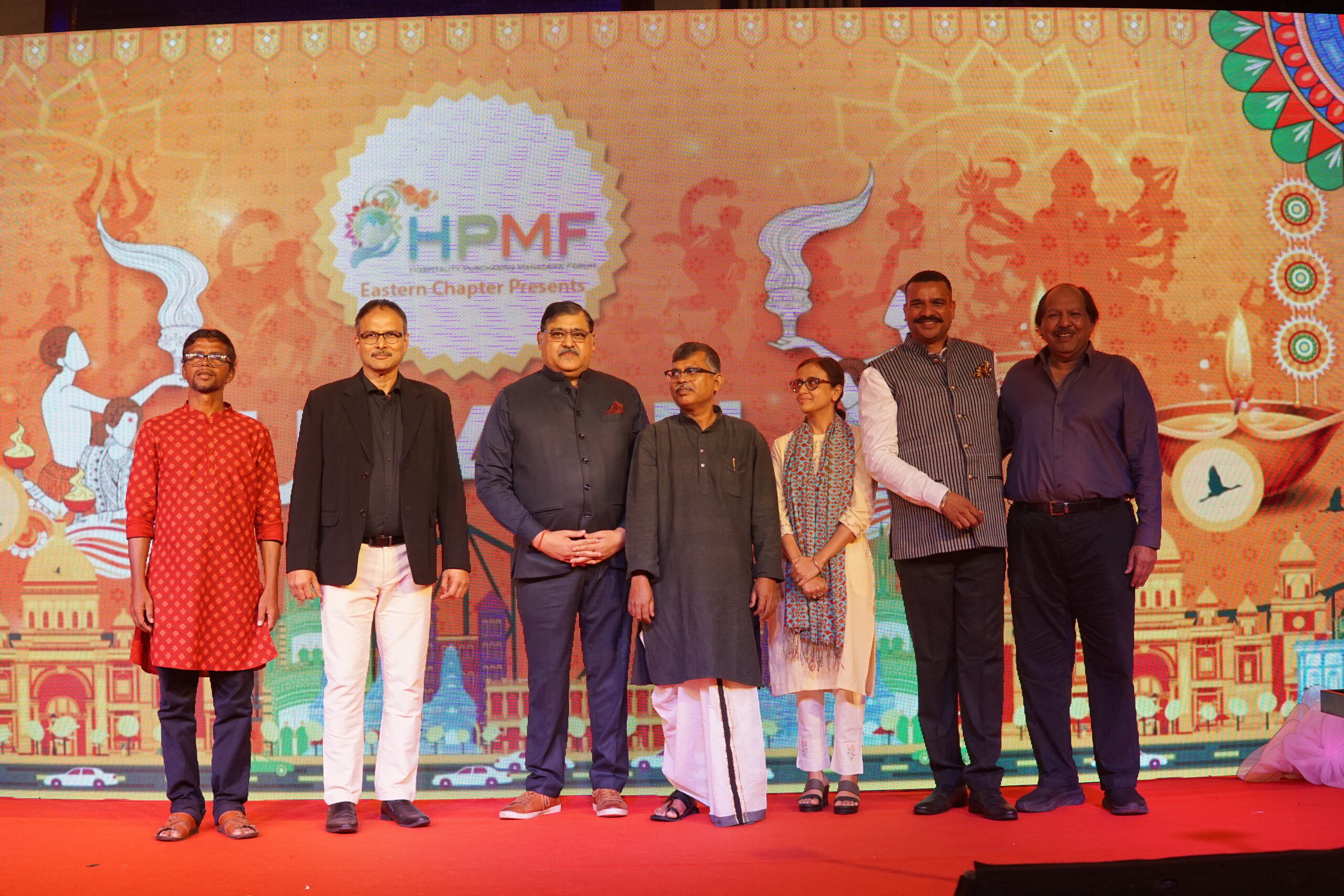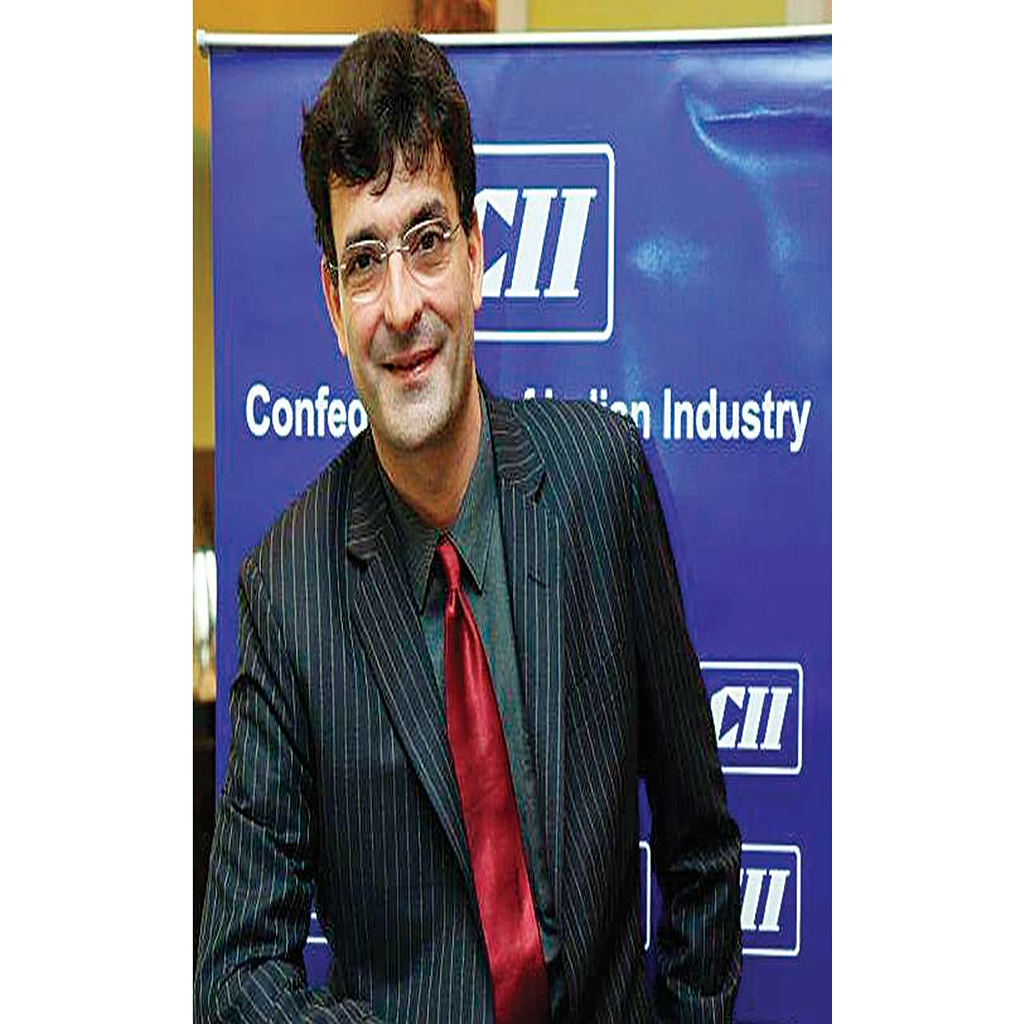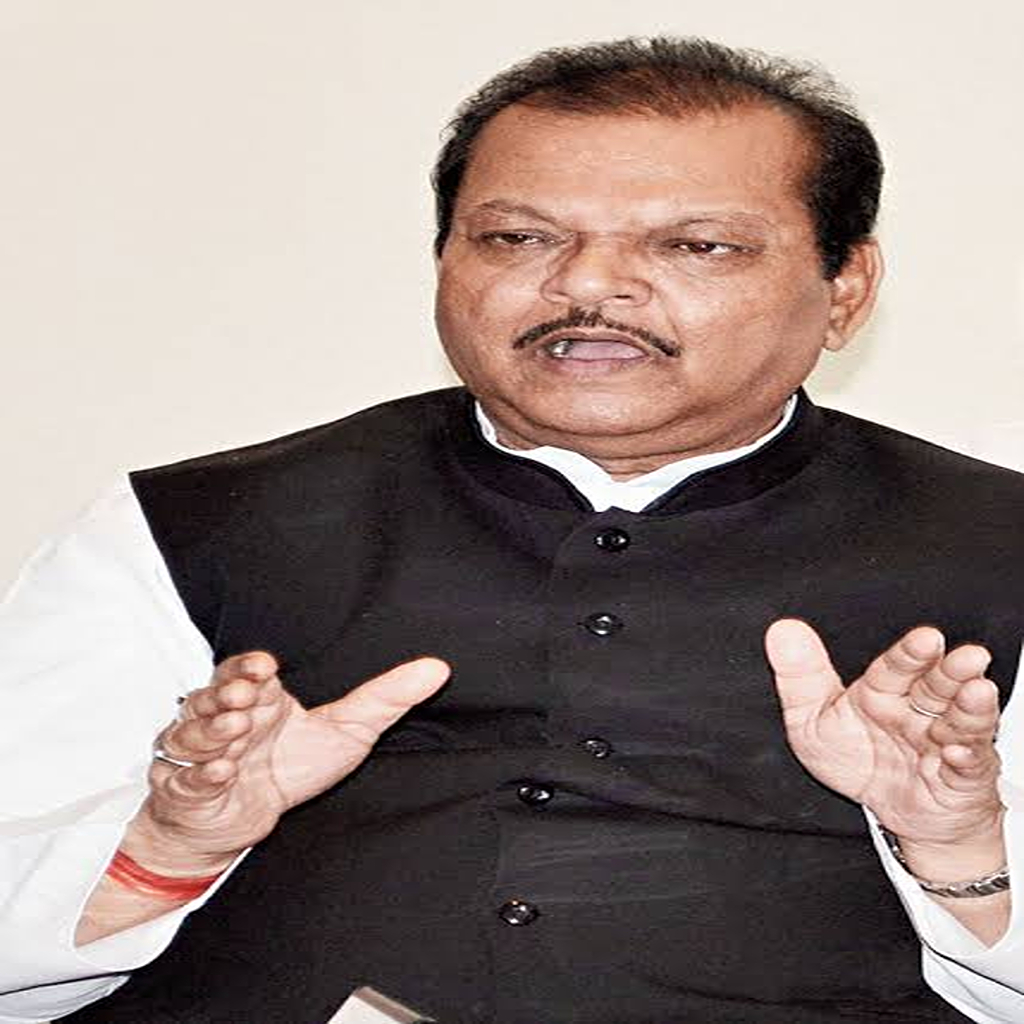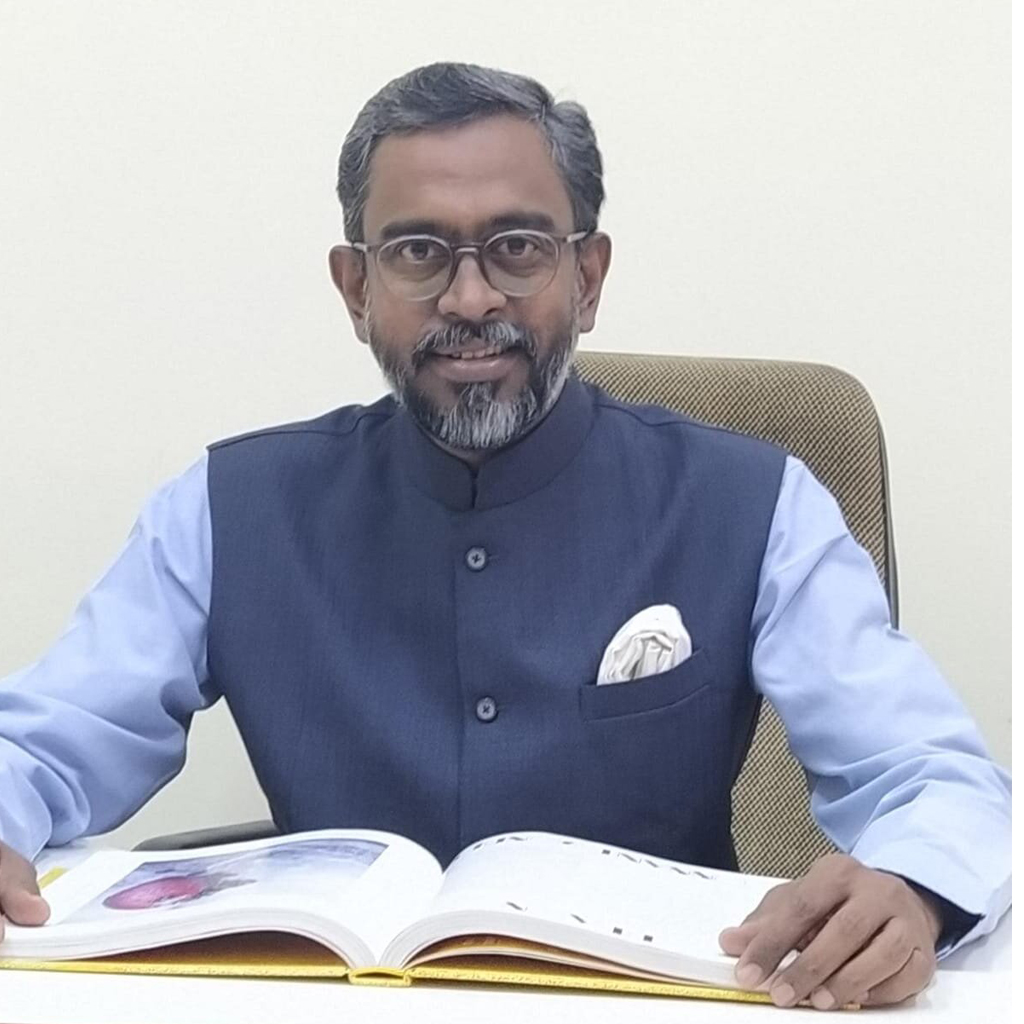
My previous writing explored reasons for ongoing loss of interest, aside unfilled talent aspirations in
hospitality careers. This essay focuses on enhancing careers by identifying critical success factors for
industry attractiveness. Renewing operations learning, creating enterprise solutions and building
synergistic platforms for knowledge sharing is now imperative. Exploring network learning channels
through creating corporate sponsored universities is an open ended solution. Creating industry think
tanks, benchmarking sectoral models and incubating new industry-led employment-driven
curriculum is crucial, as operations leads educational experiences. The aggregation, curation and
creation of new models of content will defer latent redundancy. Shared research can enhance
solutions across brands and industries on a synergized best practice platform. The agenda that
leaders need to actively drive is innovating on contemporary learning with an incubation mind set till the right solutions crystallize.
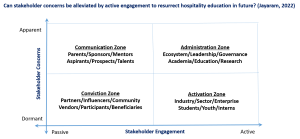
- Conviction Zone: Concerns felt by parents, influencers and community remain murmurs and
must be extracted as problem statements. Vendors, industry participants and beneficiaries
engage passively. Their inactivity obscures an expression of easily controllable issues. Every
effort must be made to communicate transparently to bring stakeholders on board with
plans. - Communication Zone: Open conversations and interactive participation of sponsoring
parents and mentors can uncover lateral approaches to problem solving. Future aspirants,
participants and beneficiaries can reveal expectations that can be openly evaluated for
validity. Passive engagement grows discussion, but does not contribute to solution
modelling. - Administration Zone: Leaders and policy makers need to adopt facilitation control and
empower active actors to incubate relief systems. The expertise of academia and education
partners with ongoing research can be a basis to reinforce disruptive growth. Active
leadership, empowered implementation and complete stakeholder buy-in signifies progress. - Activation Zone: Visible corrective action must be initiated to change industry-internship
working conditions. Active guidance and ideation will result in building future solutions co-opted with students, youth and interns, empathetically co-creating with their aspirations.
Change activation must be ground up, prioritizing easily actioned activities in organizations.
Talent and culture leaders in industry need an accurate future jobs forecast, to incubate a new talent
pipeline. This base must be sourced and sharpened creatively, aside first training the faculty that
strengthens capability! Benchmarking, defining new standards and creating an open knowledge
repository for universal access is a good step. Learning needs to get unbundled from being
cumbersome to become unbounded. Short formats, stackable credits, accreditation of prior learning
will create value for experience. A veteran mentor data base country wide, with global external
experts for short student interactions, will be a shot in the arm. This interactive coaching system will
keep talent on track. This ecosystem needs to devise a new talent strategy by renewing skill
standards. New role JDs, hiring JS along job content updates to fulfil future aspirations is mandated.
Disrupting old education modes with asynchronous, blended, hybrid and phygital learning is an
imperative now.
Enculturating respect for the goals of future talents requires current leaders to redesign workplace
dynamics. Invigorating routines must be incubated in all learning systems, irrespective of the format.
An acceptance of discontinuous learning and flexibility with enrichment of learning experiences
outside existing boundaries will bring hope. Innovative work place incentives and flexible gig work
schedules must allow time for growth, reflection and social needs. Sensitive leaders must learn to
live in the skin of their teams to feel their predicaments. Supportive development systems that plan,
map and execute growth strategies for talents, must be embedded as organizational enterprise
solutions. Focus on talent lifetime value irrespective of linear or lateral growth will lead to retention
strategies. New approaches for talent attraction and retention through shared learning resources
must begin!
There is no short term panacea, as leading and facilitating change is the only answer. Innovating and
enhancing the ecosystem to deliver better is an urgent action. System limitations have to be
overcome or they will overwhelm as inertia sets in. Collectivism will create synergy and strength to
cope with the intensity as the situation exacerbates. Facilitating planned change is better than
meeting forced change without being prepared. Sector leaders need to galvanize action teams and
incorporate policy changes. Talent and culture leaders need to evolve a collective universal solution
for all affected. Creating a learning culture together is the only way forward to enhance our declining
domain strength!

